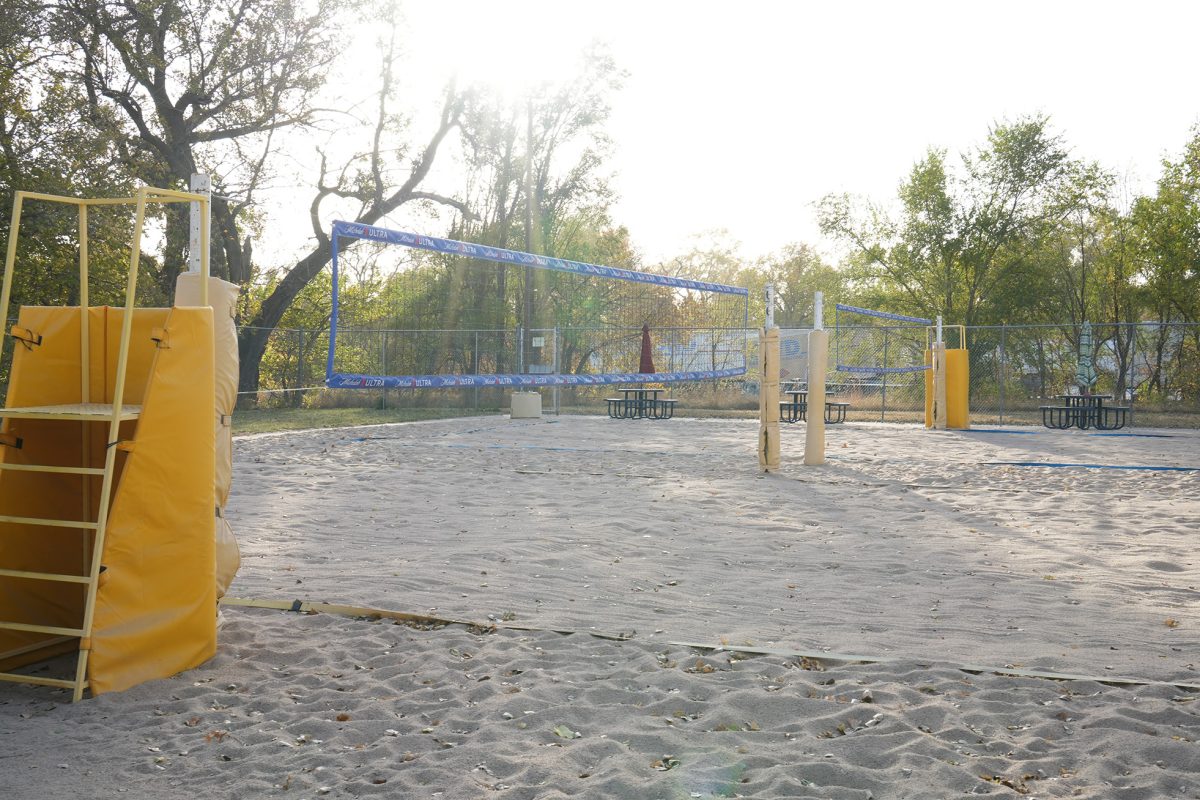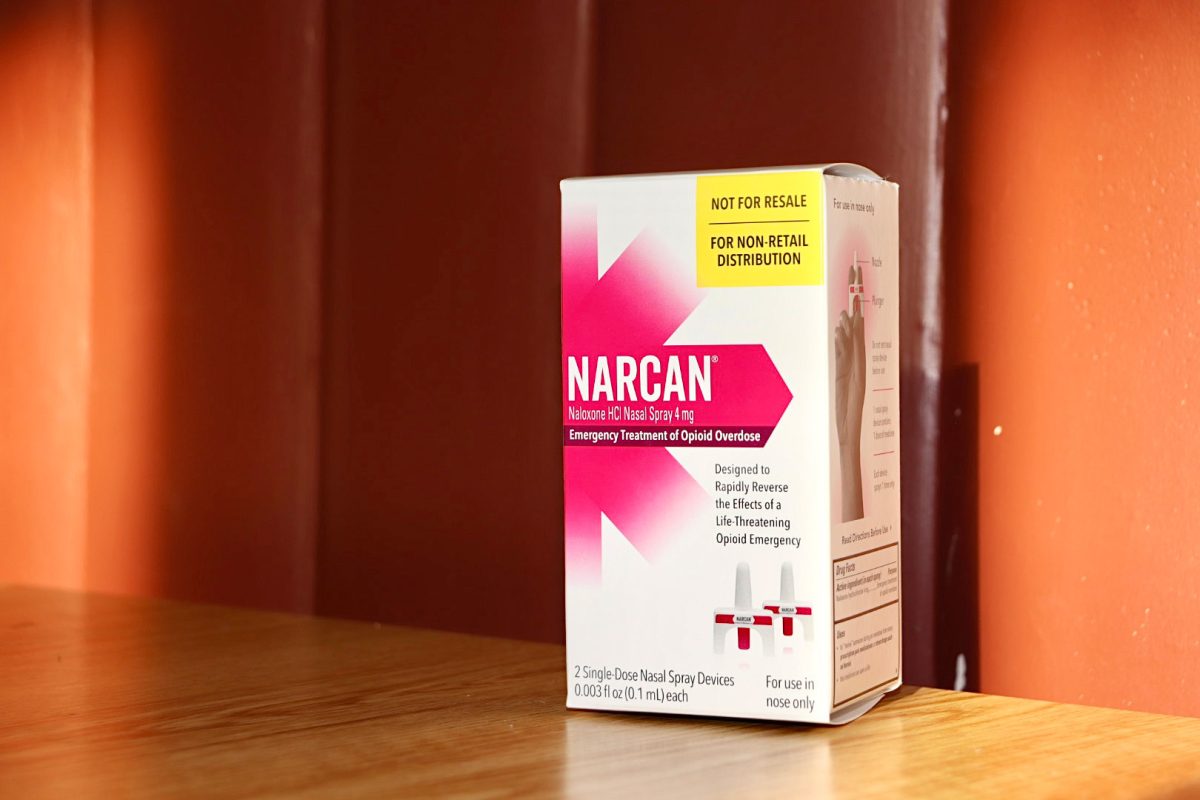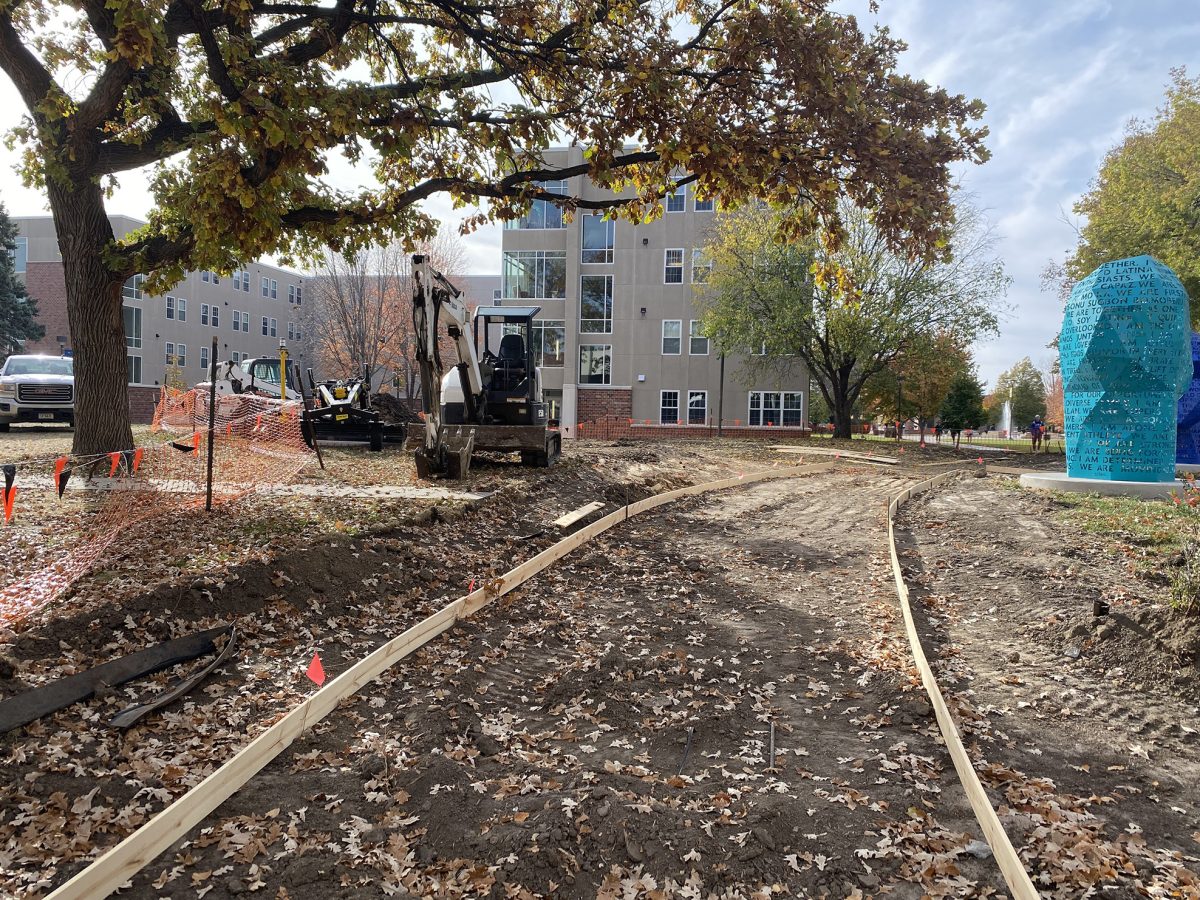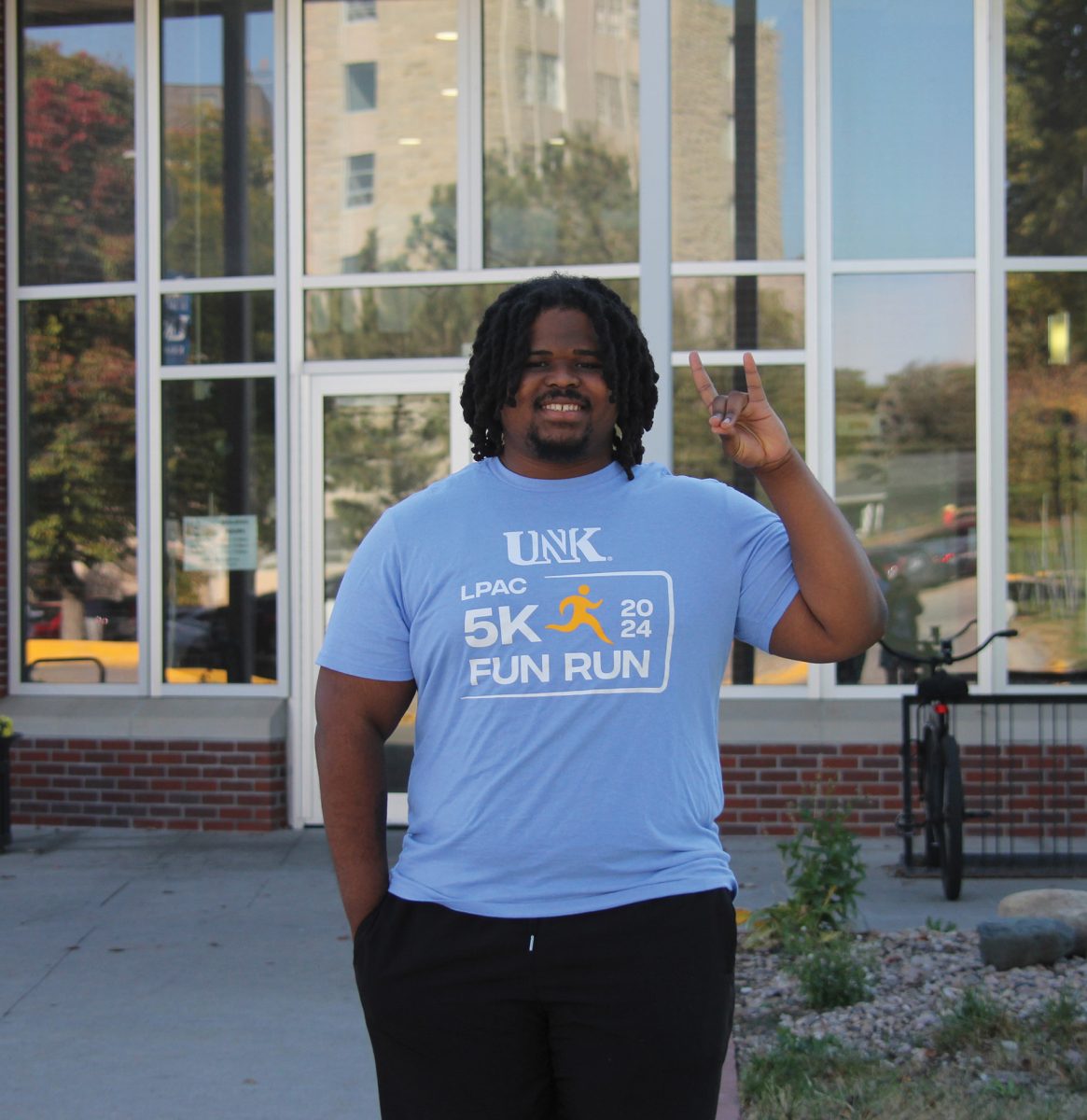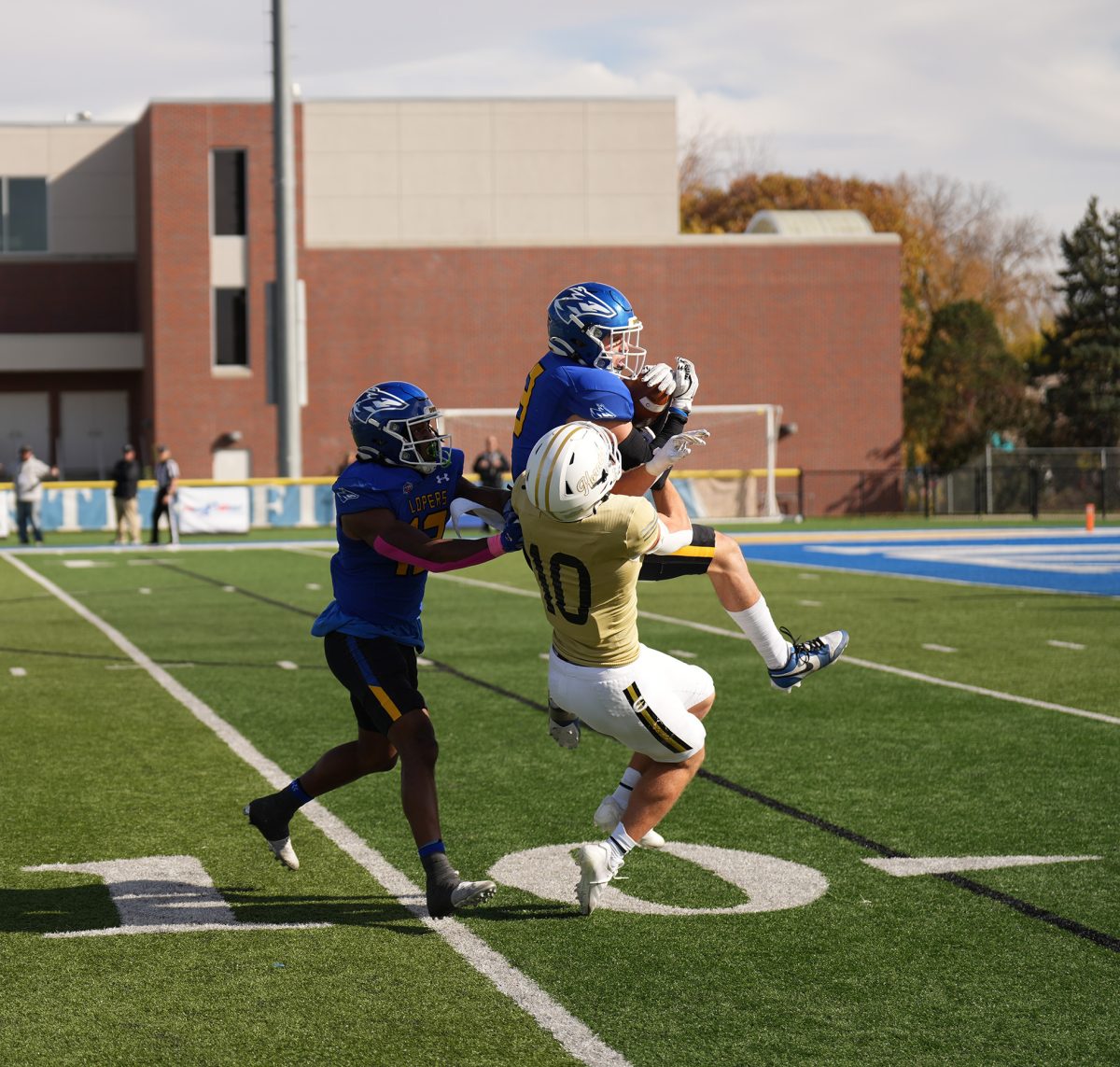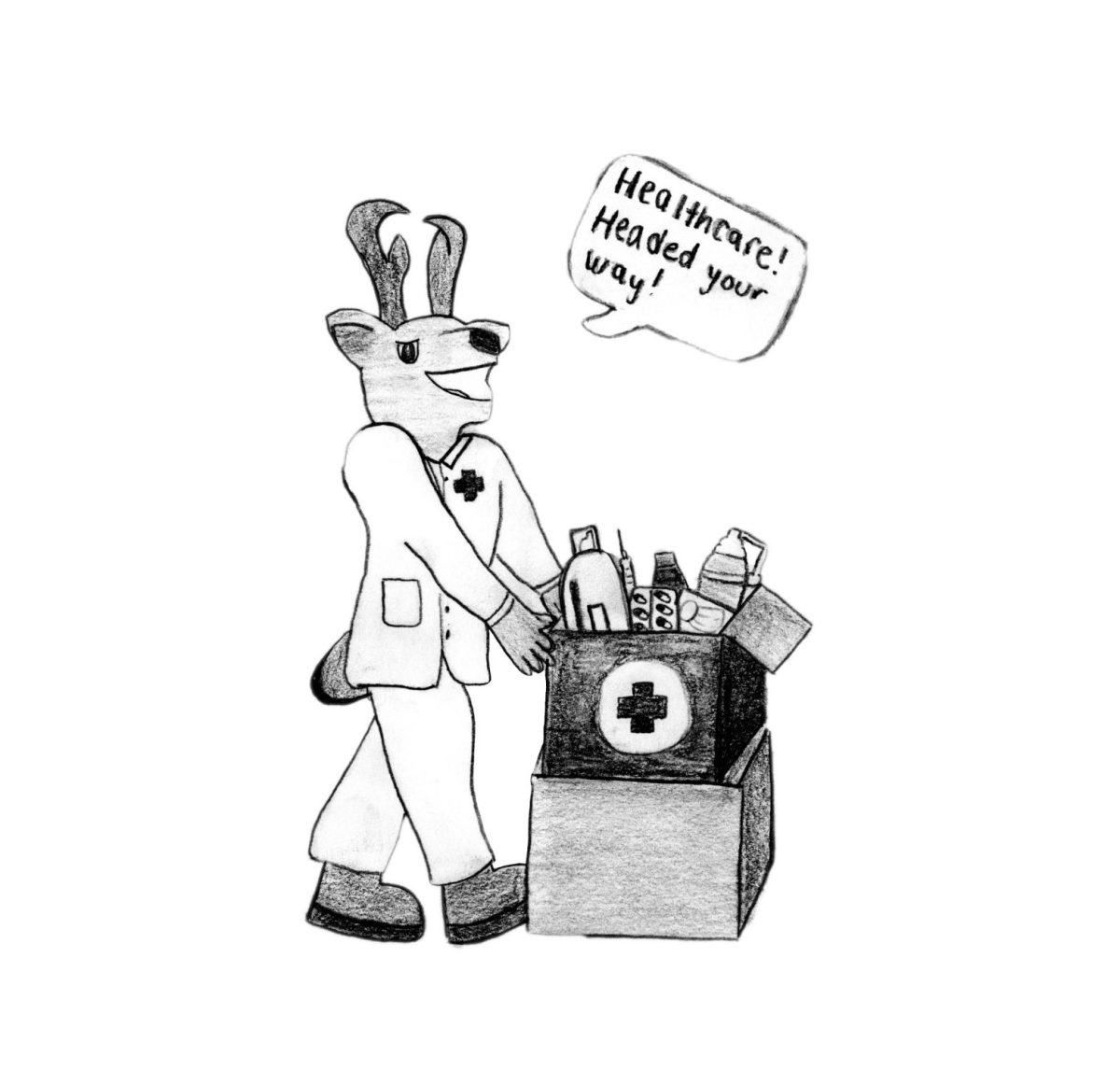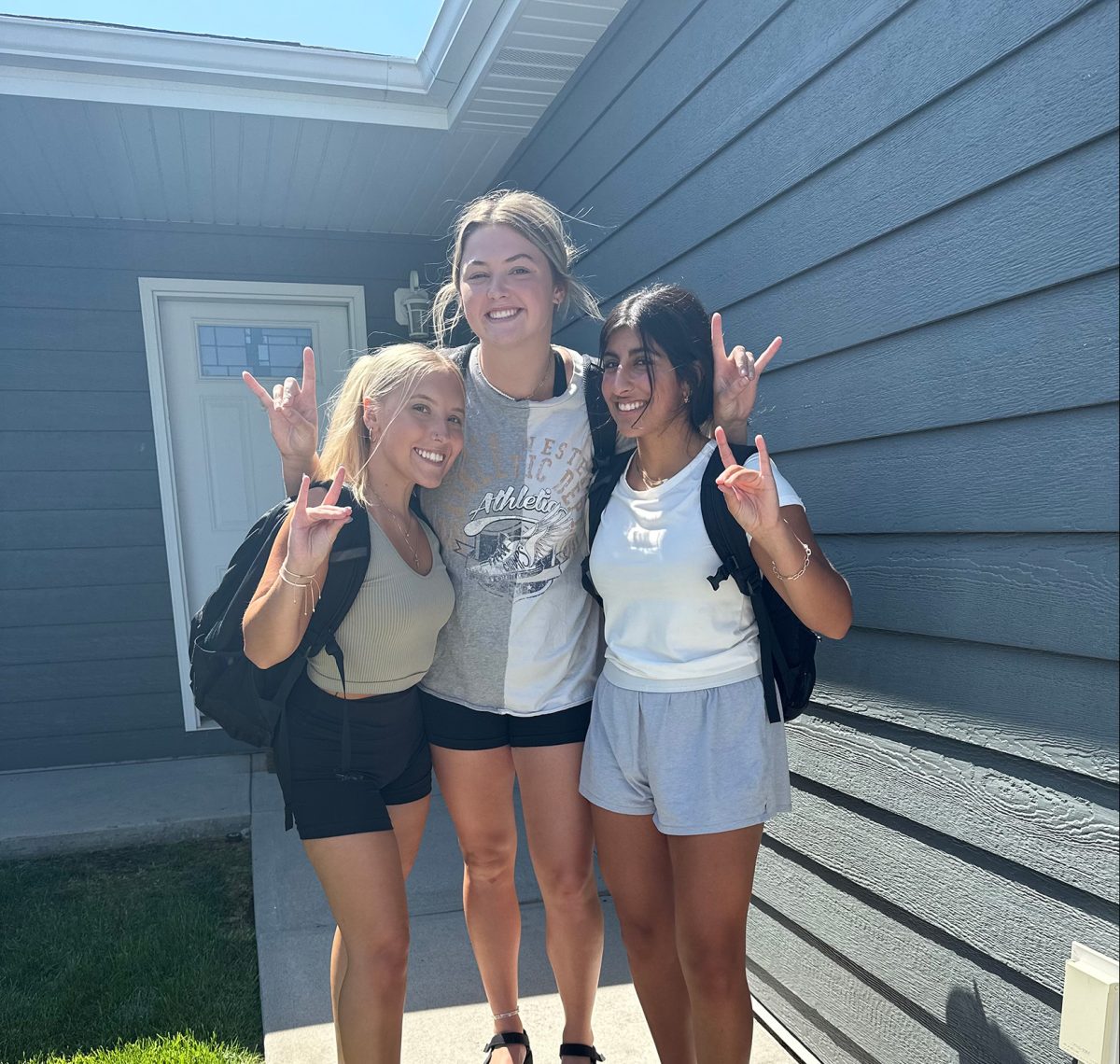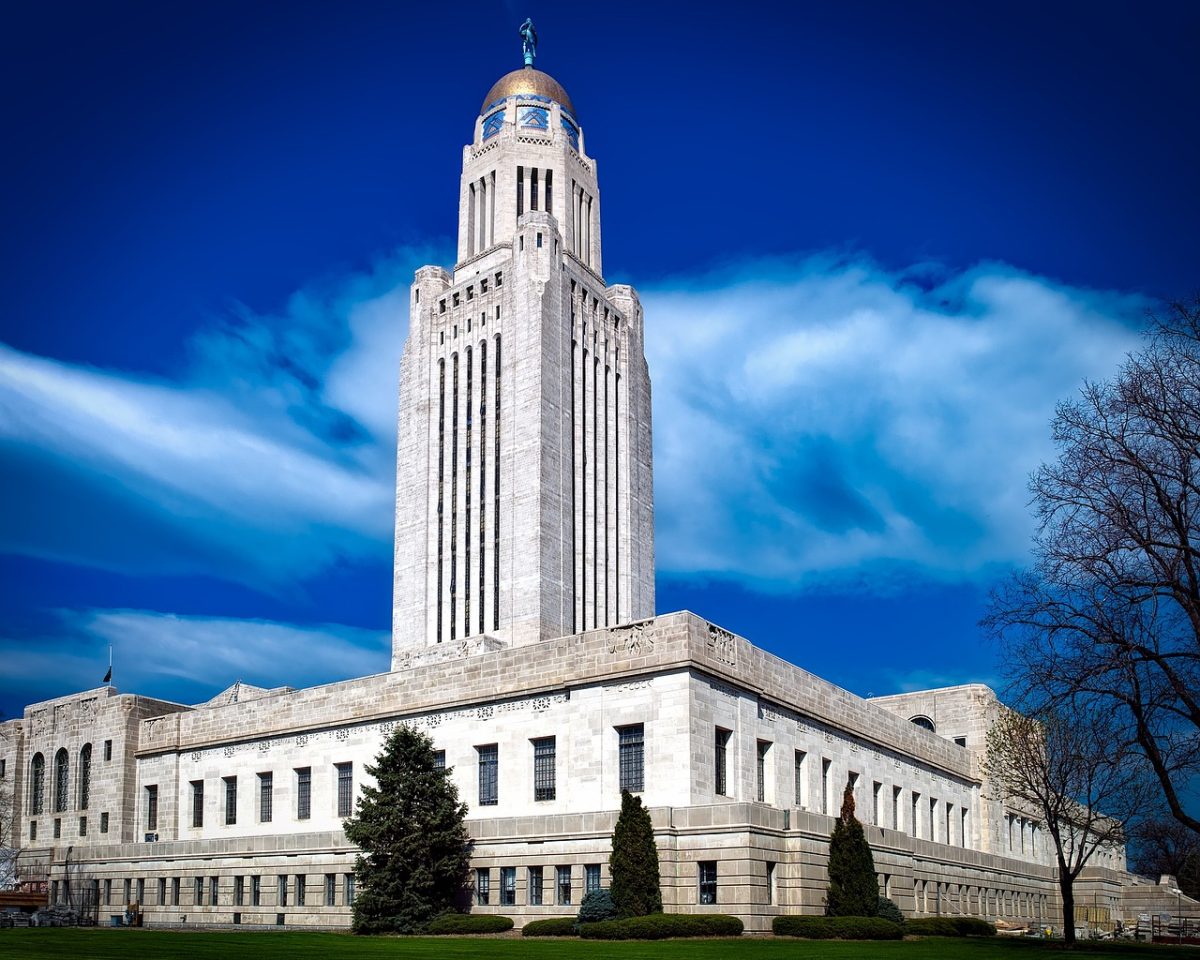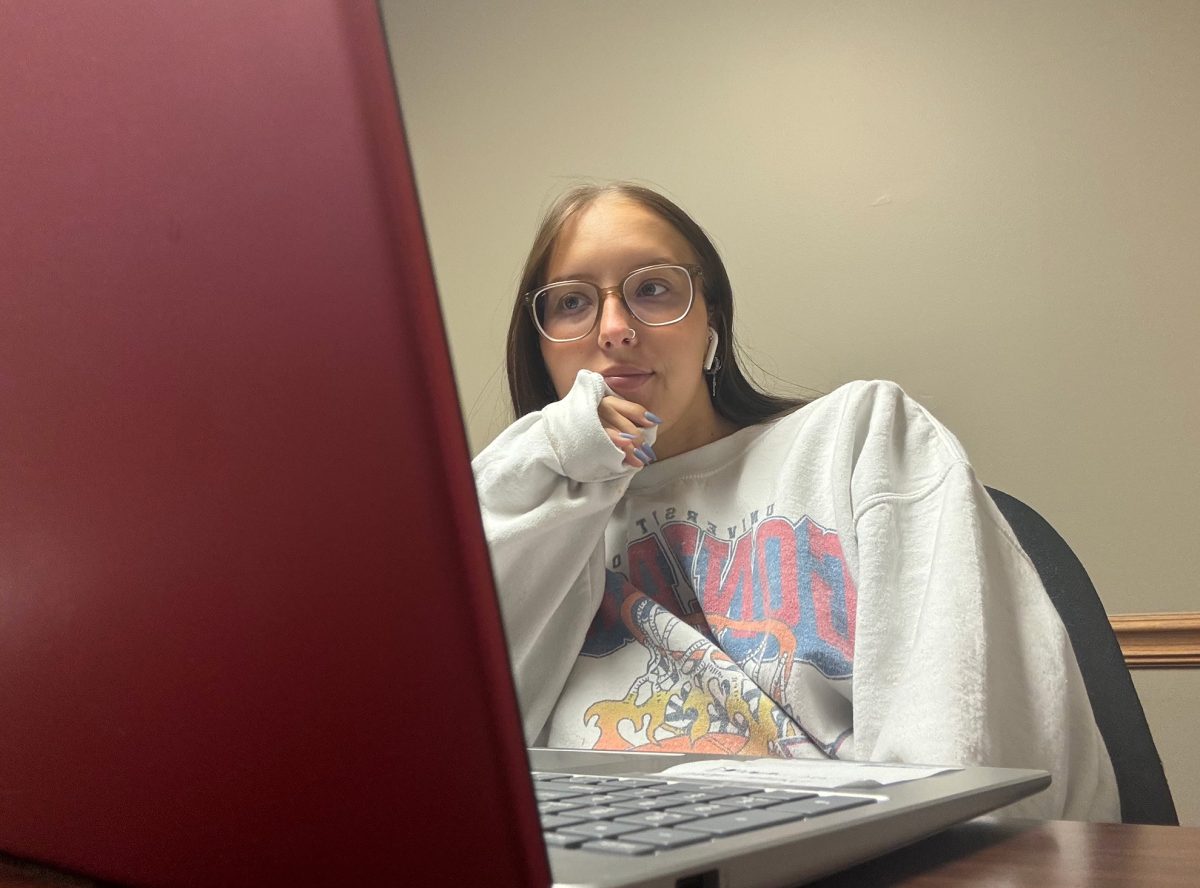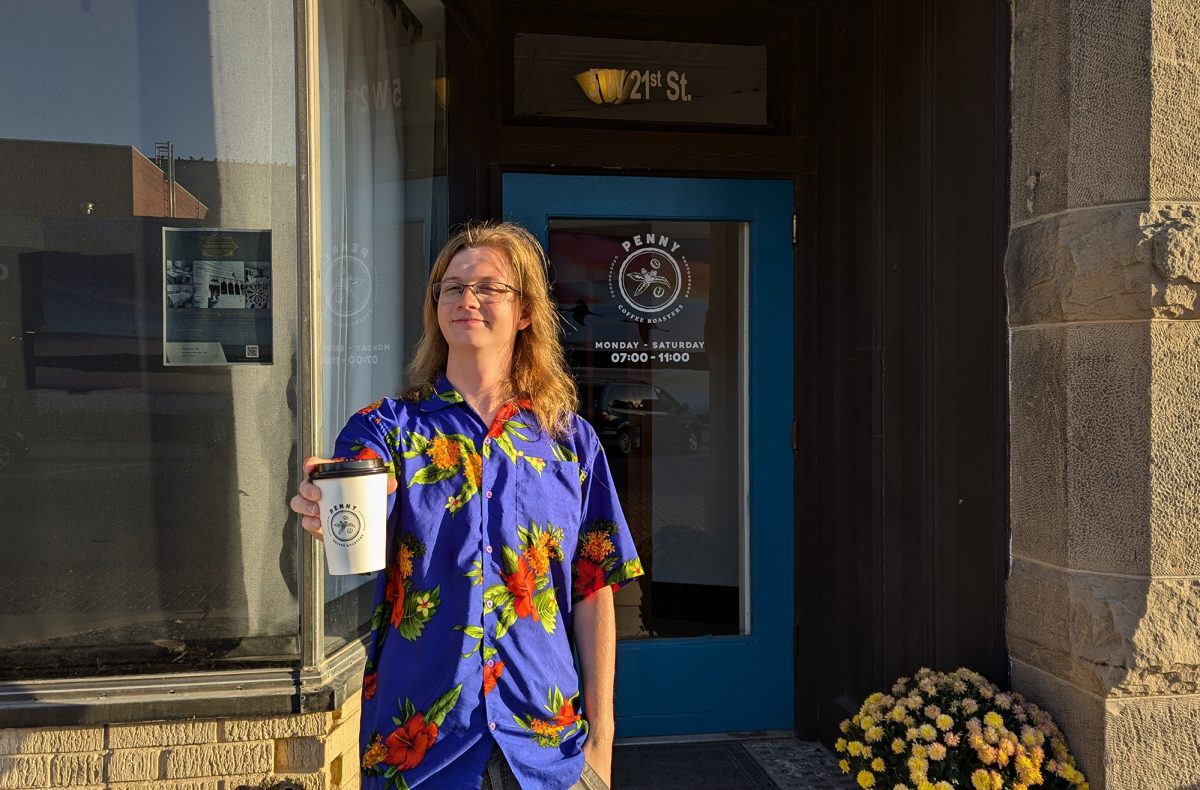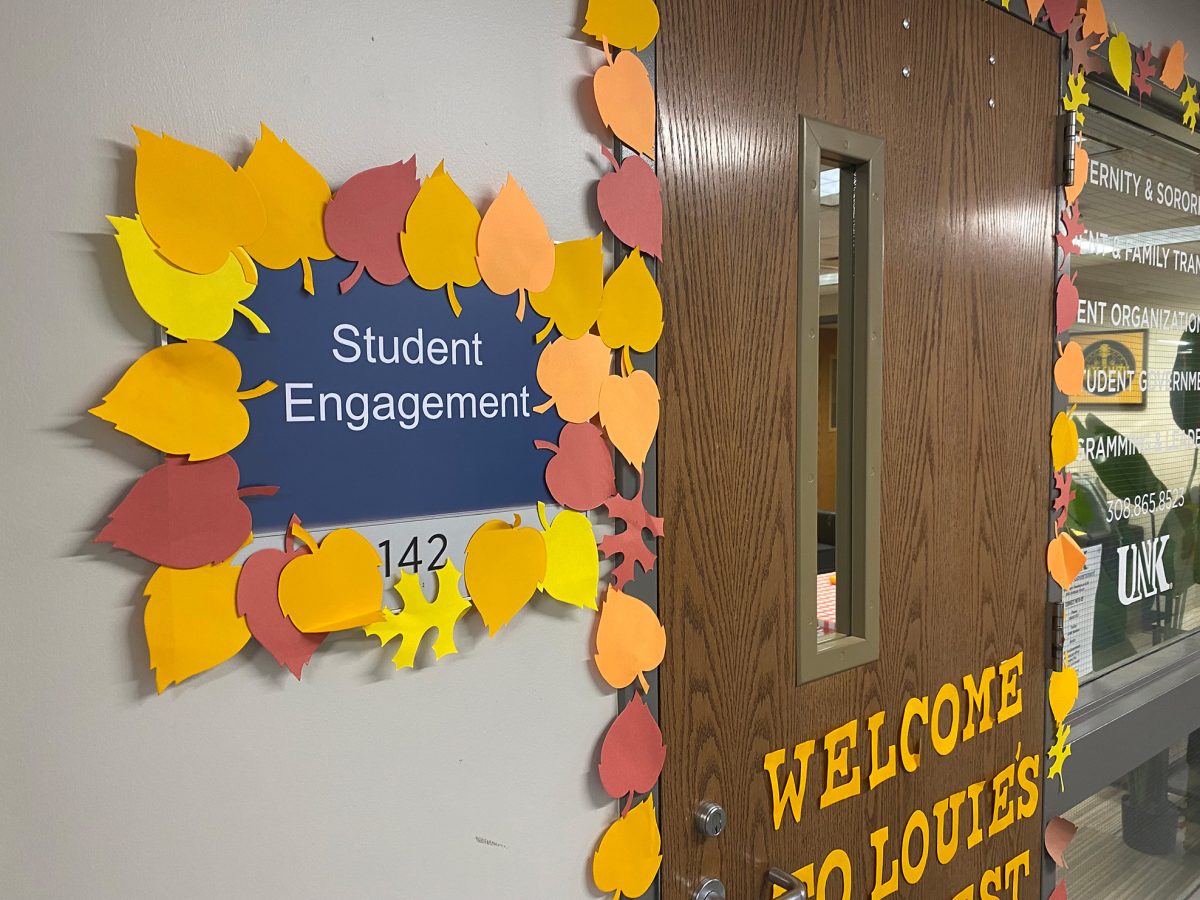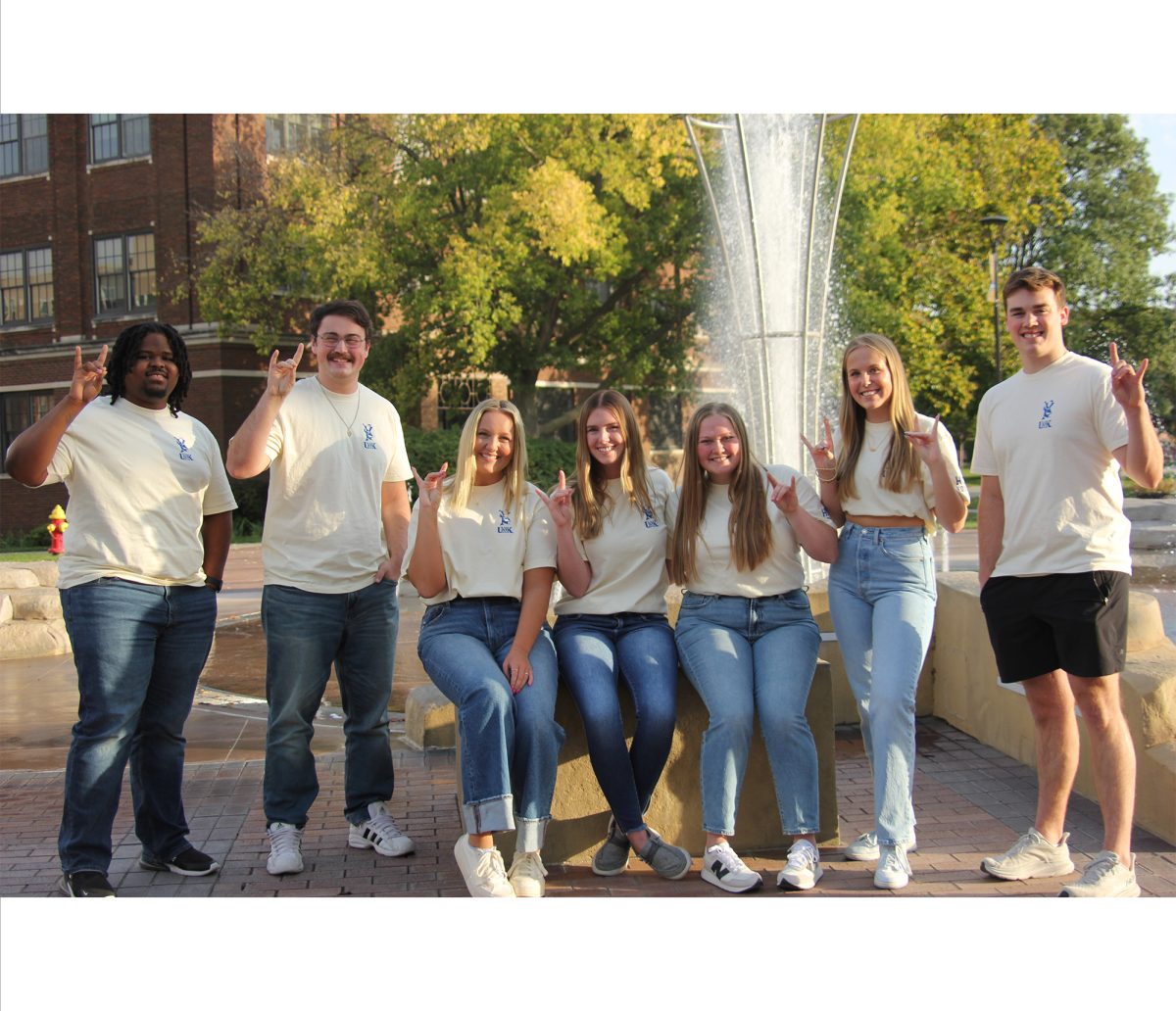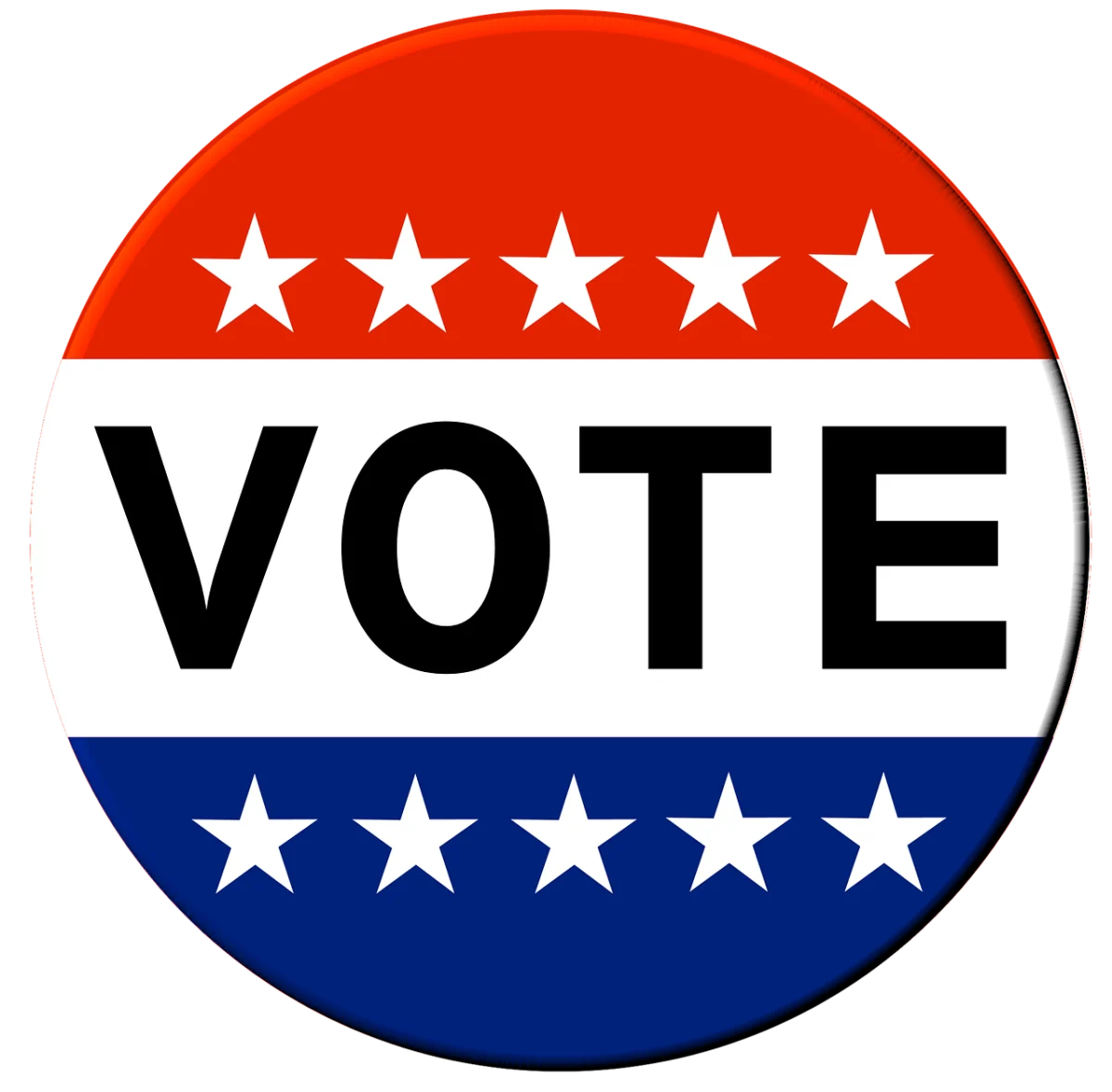Ballot initiatives, from healthcare to voting rights, are more impactful on our lives
By Elliot Gonella
I think I can safely say that many are breathing a sigh of relief now that the midterm elections are over. For some, it is because their side won, for others because their side did not lose as bad as they were fearing. Me, I am just glad I don’t see as many political ads while watching videos online. Regardless of which side you’re on, election night did prove to be as colorful as we expected.
Ignoring the change of power in the House and the consolidation in the Senate, it is important to note something that appeared on not only Nebraska’s ballot but on several others too: ballot initiatives. Many states offer their citizens a chance to make a proposal, referendum, or initiative law by placing it on the ballot and passing it with a majority.
Starting locally, there was a statewide initiative regarding Medicaid. Called Initiative 427, it expanded Medicaid to around 90,000 individuals in the state who live 138 percent below the poverty line. After our governor and legislature have failed to pass Medicaid expansion, it was a Democratic middle finger if there ever was one. This expansion takes advantage of the Affordable Care Act provision of subsidizing the expansion of Medicaid, which would be beneficial as the costs are estimated to be anywhere from $39 million and $57 million by 2020 according to an article published in The Omaha World Herald.
Regardless of who was chosen to represent the state in Washington, this initiative will have a greater impact on our lives here in the state.
Regardless of who was chosen to represent the state in Washington, this initiative will have a greater impact on our lives here in the state. Perhaps a slight tax increase or cuts to other programs will be necessary to cover the unsubsidized parts of this bill. The voters of the state said this is what they want; now the legislature has to follow the will of the people.
Idaho and Utah voted to approve similar measures to expand their state Medicaid, so this is clearly an issue citizens want addressed. However, healthcare was not the only issue voted on. Several other issues found their way on to the ballots. While it would be too long to list the specifics for each initiative, here are a few that I think are perhaps the most important:
Criminal justice was a large issue for several states. Georgia, Kentucky, Oklahoma and Florida passed an initiative that would adopt a ‘victim bills of rights’. These measures are designed to allow victims of crimes to participate in all aspects of the court proceedings, giving them a voice that has apparently been denied. However, the American Civil Liberty Union stressed that these measures are poorly worded and interfere with the constitutional right of due process. One will have to watch to see how it works out.
The minimum wage was raised in two states, Missouri and Arkansas, with Missouri adjusting for the Consumer Price Index after it has been raised to a certain amount. Florida has reinstituted voting rights to felons who were not convicted of murder or sex crimes, a snub to their former governor now embattled Senate candidate Rick Scott. Marijuana has been legalized for medicinal purposes in Missouri, expanded in Utah and legalized recreationally in Michigan.
The one I am most opposed to is the Alabama constitutional amendment allowing the 10 Commandments to be displayed on state property. We can argue about the reach of the federal government when it comes to drug laws and healthcare, but there is a clear rule against establishing religion. It will be amusing to watch the state throw away money to lose this argument when it is inevitably challenged.
These changes offer more impact to the daily lives of citizens than who sits in what chair amongst 435 representatives or 100 senators. Such initiatives show why it is important to fill out the entire ballot; because often times they are forgotten as they are at the end. It is a form of direct democracy in our republic, and in a time when we complain about how we are not heard, this gives us a voice.

